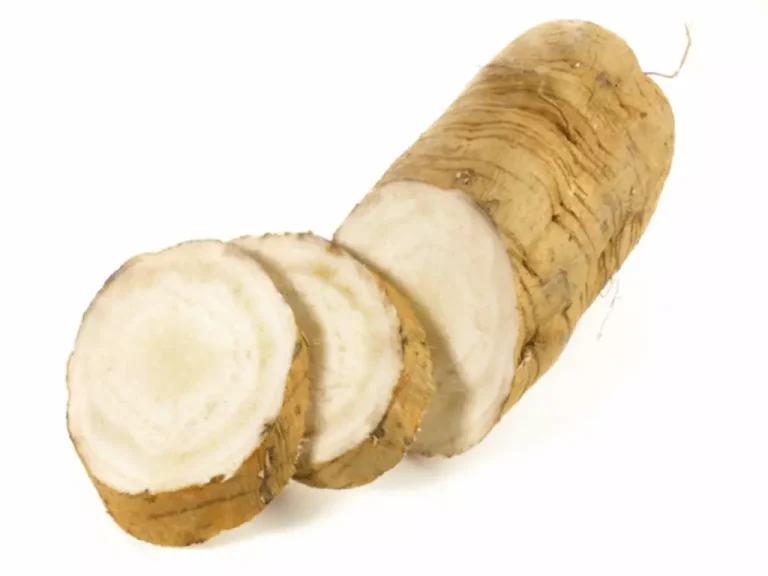
Three powerful mind-body techniques that can support quitting drinking naturally are meditation and mindfulness, yoga and exercise, and acupuncture. Alcohol consumption can have a detrimental impact on the liver, and milk thistle may help mitigate some of the damage caused by excessive alcohol intake. While it does not directly reduce alcohol cravings, milk thistle can provide support during the process of quitting drinking by promoting liver detoxification and overall liver health. Most addiction experts, researchers and medical professionals contend that the safest way to stop drinking alcohol is to seek medical attention.
- Those experiencing withdrawal symptoms may discover that meditation can provide solace and benefit mental health.
- By replenishing B vitamins, individuals can help alleviate withdrawal symptoms and support the recovery process.
- Our articles are evidence-based and contain scientific references, fact-checked by experts.
- It helps manage diabetes, lower cholesterol levels, improve bone health, and is also beneficial for skin and hair.
- One clinical study done in Minneapolis tested acupuncture therapy on the ear of people with severe alcoholism.
Articles Related to Alcoholism
Some herbal remedies, such as kudzu extract, can help people avoid binge drinking or relapse. Kudzu raises blood alcohol levels faster, making people feel intoxicated sooner. While studies show mixed herbs to curb alcohol cravings results, it’s known that kudzu at least can help reduce the number of drinks someone takes. Other herbal remedies include ashwagandha, which can help with alcohol withdrawal and relieve anxiety.
action: ‘healthbeat’

Identifying these triggers can help you develop strategies for avoiding them in the future. Self-care is an important part of any daily routine, especially when you’re trying to quit drinking. This can include activities like taking a relaxing bath, meditating, or practicing yoga. There is no one-size-fits-all answer to this question, as the recovery process can vary greatly from person to person. Some people may be able to achieve sobriety within a few weeks or months, while others may require years of treatment and support. It’s important to remember that recovery is an ongoing process, and there may be setbacks along the way.

Supporting a Loved One: Medication & Recovery
Whether it’s Alcoholics Anonymous or another recovery program, being part of a community of individuals who understand what you’re going through can be incredibly helpful. While it may not completely disappear, over time, the intensity and frequency of these urges can decrease significantly. This is because as you work towards sobriety, your brain begins to rewire itself, and you become less dependent on alcohol for pleasure and reward.

In the US, around 14.5 million adults battled alcohol use disorder in 2019, according to the National Survey on Drug Use and Health. While there are several ways to seek help, some people prefer to try home remedies first. Detoxing from drugs or alcohol without professional https://ecosoberhouse.com/ help is known as a self-detox. You can choose to taper your substance use or go “cold turkey.” In either case, you won’t have outside support or treatment. Detoxing from alcohol at home is not universally recommended due to varying levels of safety for different people.
- Milder cases — when people abuse alcohol but aren’t dependent on it — are as well.
- Addiction does not have a simple cure, and home remedies, while well-intentioned, do not have good evidence to support their usage.
- By replenishing magnesium, individuals can help restore balance and promote overall wellness.
- Milk thistle can help support this process by protecting liver cells from damage and promoting regeneration.
Healthy Diet
- One of the active ingredients in milk thistle extract is silymarin, which may improve liver function in people with alcohol use disorder.
- We have reviewed the effects of natural medicines on intake, absorption and metabolism of alcohol, as well as the protective effects on alcohol-induced acute and chronic tissue injury.
- Forming or breaking a habit can take just over two months, but harmful habits can be replaced with healthier habits.
- Most patients who continued to take controlled-release melatonin at night remained off benzodiazepines six months after the end of the study.
Examine alcohol health effects


